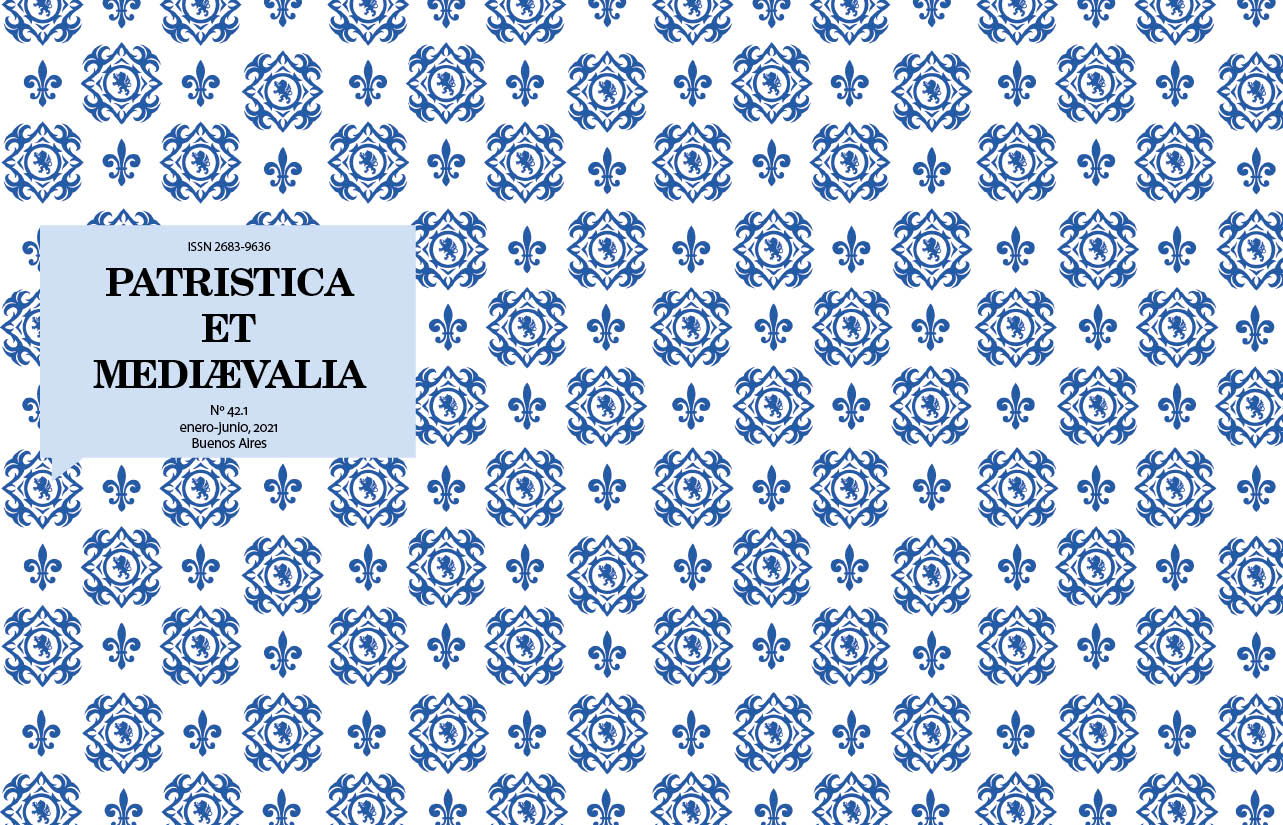Intellect and prudence. From episteme to politics in the theory of Christine de Pizan
Abstract
Christine de Pizan gives life to her “ideal ruler” based on the political Aristotelianism and its notion of the “architectonic”. Built as a living architecture of sciences, the wise king appears dominating the range of different knowledges ranging from the episteme to the practical knowledge. Theory and practice are thus at the basis of her construction of the political matter. But to what extent does the author devote herself to providing an explanation of the transfer of science, especially the speculative science to the practical record of political science? In other words, whether the king is distinguished by being a sage at the same time as an expert in the various sciences (philosophy-theology, astrology, grammar, dialectics, rhetoric, music, geometry, astronomy, arithmetic, and architecture), it is necessary to ask whether the author theorizes about this transfer from the theoretical to the practical that constitutes the essence of her thought. What is the medium for translating the episteme into the service of the State? In this regard, I argue that both prudence and understanding (intellect) seem to be the two components of the perfect wisdom that the writer combines into a perfect dyad; operation, which allows her to explain the transfer from all sciences to the political arena. Isn’t it thanks to this operation that the wise king of Christine de Pizan appears as the supreme intellect of the political community, embodied in the kingdom of France? Are not the sciences thus profitable in the service of the State?Downloads
References
Autrand, F. (2009). Christine de Pizan: Une femme en politique. París: Fayard.
Chopin-Pagotto, M. (1999). “La prudence dans les Miroirs des princes”, Chroniques italiennes 60, 87-98.
Daguet, F. (2017). Du politique chez Thomas d’Aquin. París: Vrin.
De Libera, A. (1998). La Philosophie médiévale. París: Presses Universitaires de France.
Delogu, D. (2008). “Christine de Pizan lectrice de Gilles de Rome”, Cahiers de recherches médiévales 16, 213-224. URL: http:// journals.openedition.org/crm/10852.
Green, K. (2008), “Introduction”. En: The Book of Peace by Christine de Pizan. Pensilvania: The Pennsylvania State University Press, 1-31.
Hibbs, T. S. (2001). Virtue’s Splendor: Wisdom, Prudence, and the Human Good. Nueva York: Fordham University Press.
Iogna-Prat, D. (2016). Cité de Dieu, Cité des hommes. L’Église et l’architecture de la société. 1200-1500. París: Presses Universitaires de France.
Iogna-Prat, D. y Rodriguez, J. (2017). “Política y ciencia de la arquitectura en la Francia de finales de la Edad Media. Un estudio de caso: Christine de Pizan”. En: Estudios en Historia Moderna desde una visión atlántica: Libro homenaje a la trayectoria de la profesora María Inés Carzolio, t. II. La Plata: Editorial de la Facultad de Humanidades y Ciencias de la Educación, 233-248.
Kantorowicz, E. (2012). Los dos cuerpos del rey. Un estudio de teología política medieval. Madrid: Akal.
Le Ninan, C. (2013). Le Sage Roi et la clergesse. L’Écriture politique dans l’œuvre de Christine de Pizan. París: Honoré Champion.
Lusignan, S. (1999). “Vérité garde le roy”. La construction d’une identité universitaire en France (XIIIe-XVe siècle). París: Publications de la Sorbonne.
Quillet, J. (1984). “Présence d’Aristote dans la philosophie médiéval”, Revue De Philosophie Ancienne 2.2, 93-102. URL : www.jstor.org/stable/24353770.
Rodriguez, J. (2015). “Entorno a una controversia: Christine de Pizan, autora del Livre de fais et bonnes meurs du sage roy Charles V”, Actas VII Jornadas de Estudios Clásicos y Medievales “Diálogos Culturales”. URL: http://sedici.unlp.edu.ar/handle/10915/55386.
Rodriguez, J. (2016). “La phronesis real en la teoría política de Christine de Pizan”, Cuadernos Medievales 21, 121-135.
URL: http://fh.mdp.edu.ar/revistas/index.php/cm/article/view/1683/1887.
Rodriguez, J. (2019). “El lenguaje político de la juventud en el Livre des fais et bonnes meurs du sage roy Charles V”, Exlibris 8, 73-89.
URL: http://revistas.filo.uba.ar/index.php/exlibris/article/view/3284.
Rodriguez, J. (2020). “Una nueva especie de consagración real. La conversión intelectual del rey en el Livre des fais et bonnes meurs du sage roy Charles V”, Anales de Historia Antigua, Medieval y Moderna 54. 1, 31-48.
URL: http://revistascientificas.filo.uba.ar/index.php/analesHAMM/article/view/7572/7415.
Senellart, M. (1995). Les arts de gouverner, du regimen médiéval au concept de gouvernement. París: Seuil.
Verger, J. (1997). Les gens de savoir dans l’Europe de la fin du Moyen Âge. París: Presses Universitaires de France.
1. The authors who publish in this magazine accept the following conditions:
-
They retain the copyright and grant to the magazine the right of the first publication, with the work registered under the Attribution-ShareAlike 4.0 International License that allows third parties to use what is published as long as they mention the authorship of the work and the first publication in this magazine.
-
They can make other independent and additional contractual agreements for the non-exclusive distribution of the version of the article published in this magazine (eg. include it in an institutional repository or publish it in a book) provided that they clearly indicate that the work was first published in this journal.
-
They are allowed and recommended to publish their work on the Internet (for example on institutional or personal pages).
2. AutoArchive Conditions. Authors are allowed and encouraged to distribute post-print electronic versions of their manuscripts because it promotes their circulation, a possible increase of quotation and a major reach among the Academic community. Color RoMEO: blue.













